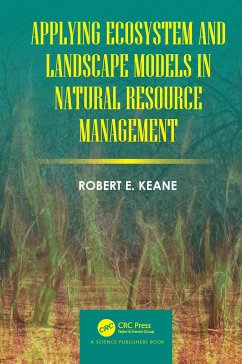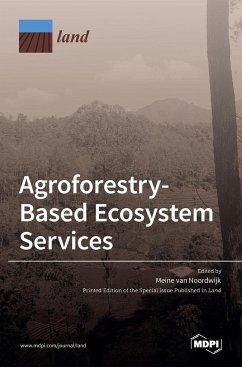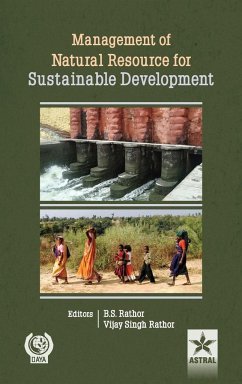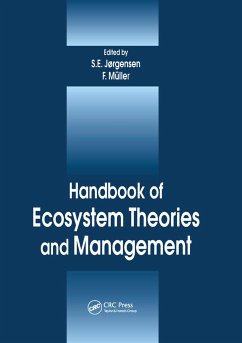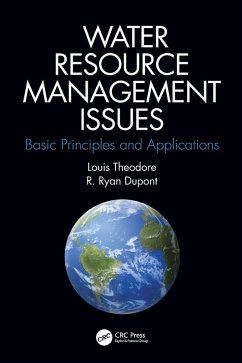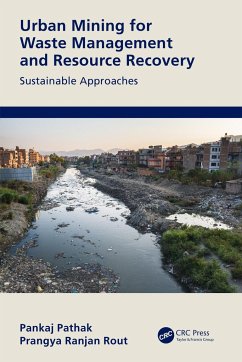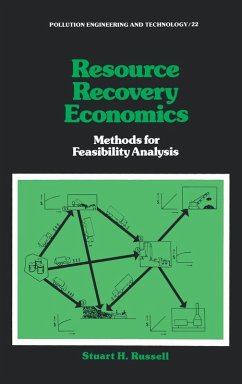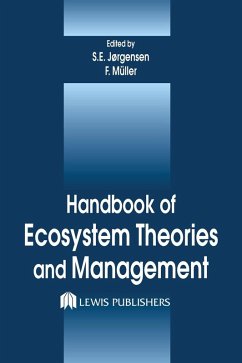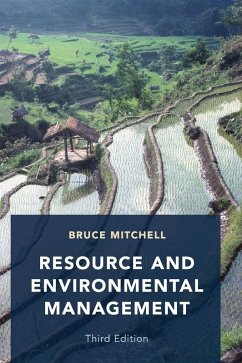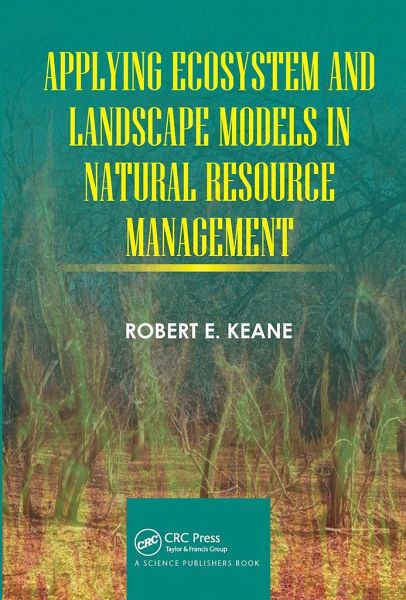
Applying Ecosystem and Landscape Models in Natural Resource Management
Versandkostenfrei!
Versandfertig in 1-2 Wochen
62,99 €
inkl. MwSt.
Weitere Ausgaben:

PAYBACK Punkte
31 °P sammeln!
Managing today's lands is becoming an increasingly difficult task. Complex ecological interactions across multiple spatiotemporal scales create diverse landscape responses to management actions that are often novel, counter-intuitive and unexpected. To make matters worse, exotic invasions, human land use, and global climate change complicate this complexity and make past observational ecological studies limited in application to the future. Natural resource professionals can no longer rely on empirical data to analyze alternative actions in a world that is rapidly changing with few historical ...
Managing today's lands is becoming an increasingly difficult task. Complex ecological interactions across multiple spatiotemporal scales create diverse landscape responses to management actions that are often novel, counter-intuitive and unexpected. To make matters worse, exotic invasions, human land use, and global climate change complicate this complexity and make past observational ecological studies limited in application to the future. Natural resource professionals can no longer rely on empirical data to analyze alternative actions in a world that is rapidly changing with few historical analogs. New tools are needed to synthesize the high complexity in ecosystem dynamics into useful applications for land management. Some of the best new tools available for this task are ecological and landscape simulation models. However, many land management professionals and scientists have little expertise in simulation modeling, and the costs of training these people will probably be exorbitantly high because most ecosystem and landscape models are exceptionally complicated and difficult to understand and use for local applications. This book was written to provide natural resource professionals with the rudimentary knowledge needed to properly use ecological models and then to interpret their results. It is based on the lessons learned from a career spent modeling ecological systems. It is intended as a reference for novice modelers to learn how to correctly employ ecosystem landscape models in natural resource management applications and to understand subsequent modeling results.





